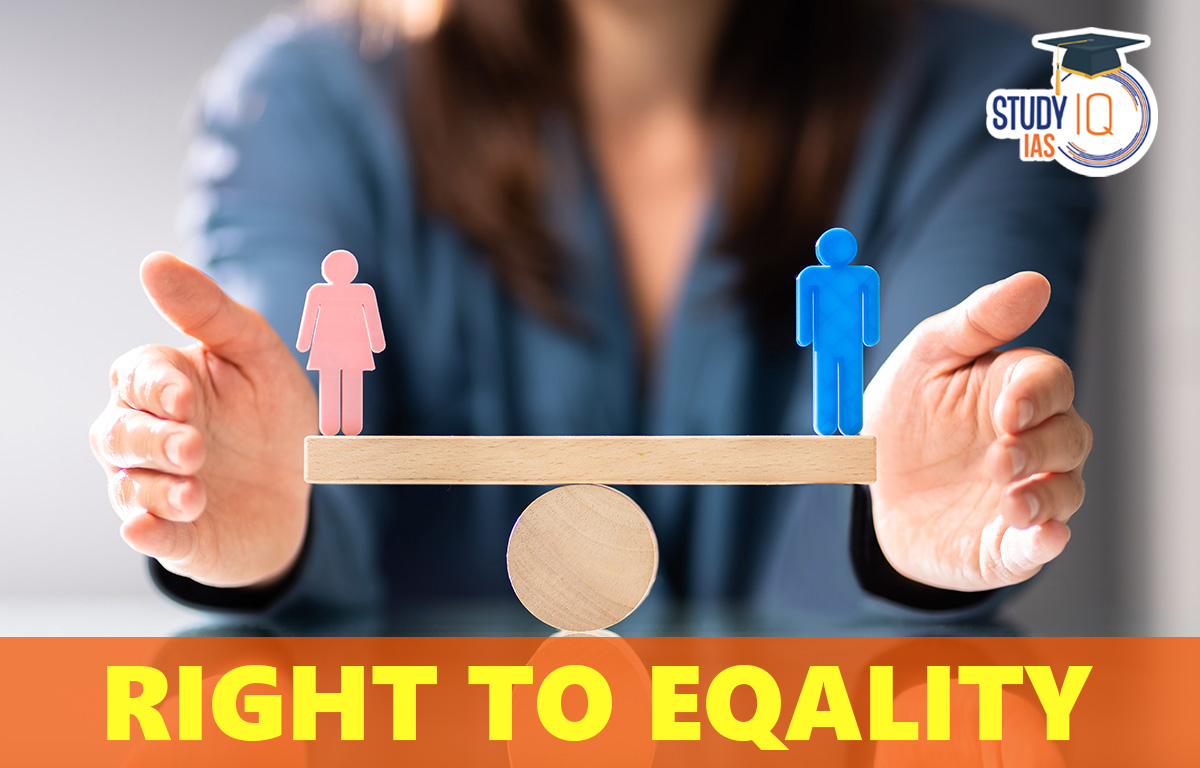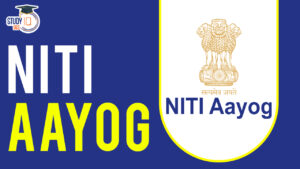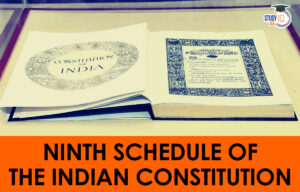Table of Contents
Right to Equality
The Right to Equality is considered a basic feature of the Indian Constitution it plays an important role in achieving social and economic justice in our society where the upliftment of certain classes is considered necessary for our country to flourish. Its emphasis is on the fundamental unity of individuals by providing equal opportunities and treatment to all. It provides every individual in the country with all the elements essential for the development of their personality.
In order to accomplish the goals, set forth by the Constitution’s framers, courts who are seen as its guardians ensure that the right to equality is interpreted broadly.
Read about: Important Articles of Indian Constitution
Right to Equality Articles
- Constitutional Provision: Articles 14-18 of Part III of the Constitution of India provide for the Right to Equality.
- Nature of Rights: The right to equality provides for both “positive rights” i.e. demands to be treated equally, as well as “negative rights” i.e. prohibits unequal treatment.
- Implements Philosophy of Preamble: The right to equality as a Fundamental Right, gives effect to the concept of “equality of status and of opportunity” mentioned in the Preamble of Indian Constitution.
Right to Equality Articles 14 to 18
The Indian Constitution outlines 6 fundamental rights, with the Right to Equality being one of them. The right to equality ensures that everyone will be treated equally before the law and prohibits discrimination on a variety of grounds. The Indian Constitution’s Article 14-18 provides everyone with the right to equality.
| Article | Subject Matter |
| Article 14 | No Indian Citizen should be denied equality before the law or equal protection of the laws. |
| Article 15 | The state shall not discriminate prohibition of discrimination on grounds of religion, race, caste, sex or place of birth. |
| Article 16 | Equality of opportunity for all citizens in matters of public employment or appointment to any office under the State. |
| Article 17 | Abolition of untouchability and prohibition of its practice. |
| Article 18 | Abolition of titles except military and academic. |
Read More: Salient Features of Constitution of India
Right to Equality: Article 14
Article 14 states that no one may be denied equality before the law or equal protection under the law within the boundaries of India. The framers of the Indian constitution borrowed the concept of equality before the law from the British constitution and the concept of “equal protection of laws” has been borrowed from the Constitution of America.
| Equality Before the Law | Equal Protection of Law |
|
|
Right to Equality: Article 15
Clause (1)
- Article 15(1) states that the government cannot discriminate against citizens based on religion, race, caste, sex, place of birth, or similar factors. Discrimination means treating people unfairly. If a law allows such discrimination, it can be declared invalid. The term “only” means that if qualifications are the same, factors like caste or gender cannot be the reason for preference or rejection. However, discrimination based on other grounds not mentioned is allowed.
Clause (2)
- Article 15(2) specifically prohibits any discrimination regarding access to public places, such as shops, restaurants, and wells. It applies to both the government and private individuals, aiming to eliminate social injustices and promote unity. Laws like the Madras Removal of Civil Disabilities Act enforce this by punishing those who deny access to marginalized groups.
Clause (3)
- Article 15(3) allows the government to make special provisions for women and children because they may need additional protection. For example, laws can be enacted to provide maternity benefits or establish women-only institutions without violating Article 15(1).
Clause (4)
- Article 15(4), added by the First Amendment in 1951, allows the state to reserve jobs for socially and educationally backward classes. This provision is not mandatory but enables targeted support for these groups. The government can identify these classes based on investigations, but it does not create an obligation to reserve jobs.
Backward Classes
The term “Backward Classes” is not defined in the Constitution, but the President can appoint a commission to assess and identify these groups.
Special Provisions for Women, Children, and Backward Classes
Article 14 ensures equality under the law, but it also permits special measures for women and children, like reserved seating on public transport. For instance, certain laws, like those concerning adultery, treat men and women differently, which is permissible under Article 15(3).
Overall, Article 15 aims to protect individuals from discrimination while allowing for necessary provisions to support disadvantaged groups, promoting equality and social justice in India.
Right to Equality: Article 16
Article 16(1) guarantees all citizens equal opportunities for employment in government positions.
- Clause (2) states that no citizen can be denied a job or discriminated against based on religion, race, caste, sex, descent, place of birth, or residence.
These clauses promote equality in government jobs, but Article 16 also includes exceptions in clauses (3) to (5).
- Article 16(3) allows Parliament to set residency requirements for certain jobs.
- Article 16(4) permits the reservation of jobs for backward classes that are underrepresented in government services.
While Article 16 ensures fairness in job selection, it also allows the government to establish qualifications and tests for employment. These requirements can include physical fitness and loyalty to the State, but they must be reasonable and relevant to the job.
Right to Equality: Article 17
Article 17 completely prohibits “untouchability” and any related practices. If someone faces discrimination due to untouchability, it is considered a punishable offense under the law.
While the Constitution does not define untouchability, the Mysore High Court explained it as a historical practice linked to the Hindu caste system, where certain groups were seen as “untouchables.” This discrimination can be both temporary and permanent, and those affected can seek protection under Article 17 and the 1955 Act against untouchability.
Article 15(2) also supports the fight against untouchability by ensuring that no one can be denied access to public places like shops, restaurants, and wells based on their caste.
In the case of State of Karnataka v. Appa Balu Ingale, individuals were charged for preventing someone they deemed untouchable from using a borewell. The Supreme Court upheld the conviction, emphasizing that Article 17 aims to eliminate outdated beliefs and promote equality for Dalits in society.
Right to Equality: Article 18
Article 18 prohibits the government from granting titles to anyone, citizen or non-citizen. However, military and academic honors are exceptions, as they promote excellence in these important areas.
- Clause (2): Indian citizens cannot accept titles from foreign governments.
- Clause (3): Foreigners in positions of trust under the Indian government cannot accept titles from foreign states without the President’s consent to avoid foreign influence.
- Clause (4): No one in a government position can accept gifts or offices from foreign states without the President’s approval.
National honors like Bharat Ratna and Padma awards are not considered titles under Article 18; they recognize significant contributions in various fields. These awards, started in 1954, are given on Republic Day and can be awarded posthumously. They cannot be used as titles or attached to names.
In the case of Balaji Raghavan v. Union of India, the Supreme Court ruled that these national awards do not violate Article 18. The court acknowledged the importance of recognizing excellence but criticized the government’s lax criteria for awarding them, suggesting they could be subject to abuse.
The court recommended forming a committee led by the Prime Minister to ensure that awards maintain their value and are not given excessively. Currently, there are no penalties for violating the rules regarding titles, and no law has been passed by Parliament to address this issue.
Right to Equality UPSC
Nelson Mandela stated, “As long as poverty, injustice and gross inequality persist in the world, none of us can truly rest”. Only in societies where all members of the population are treated fairly and without bias can democracy prosper. In order to remove the barrier of current social and economic inequalities and enable the varied populations of the country to enjoy the rights and liberties provided by the constitution, it was felt by the Constitution’s drafters to include such a clause.
Eliminating disparities based on religion, social conventions, and long-standing customs like untouchability, casteism, racial discrimination, etc. that are still prevalent in some parts of India was considered crucial.
The concept of equality is closely associated with the theory of natural rights. For a democracy to flourish the individuals in the society need to be treated equally and without any discrimination. This led the framers to incorporate such a provision in the Indian constitution. The aim was to remove existing socio-economic inequalities and enable every community of our country to enjoy the rights and liberties guaranteed to them.


 NITI Aayog Report on India’s Hand and ...
NITI Aayog Report on India’s Hand and ...
 9th Schedule of Indian Constitution: His...
9th Schedule of Indian Constitution: His...
 Mechanisms to Combat Judicial Corruption...
Mechanisms to Combat Judicial Corruption...





















